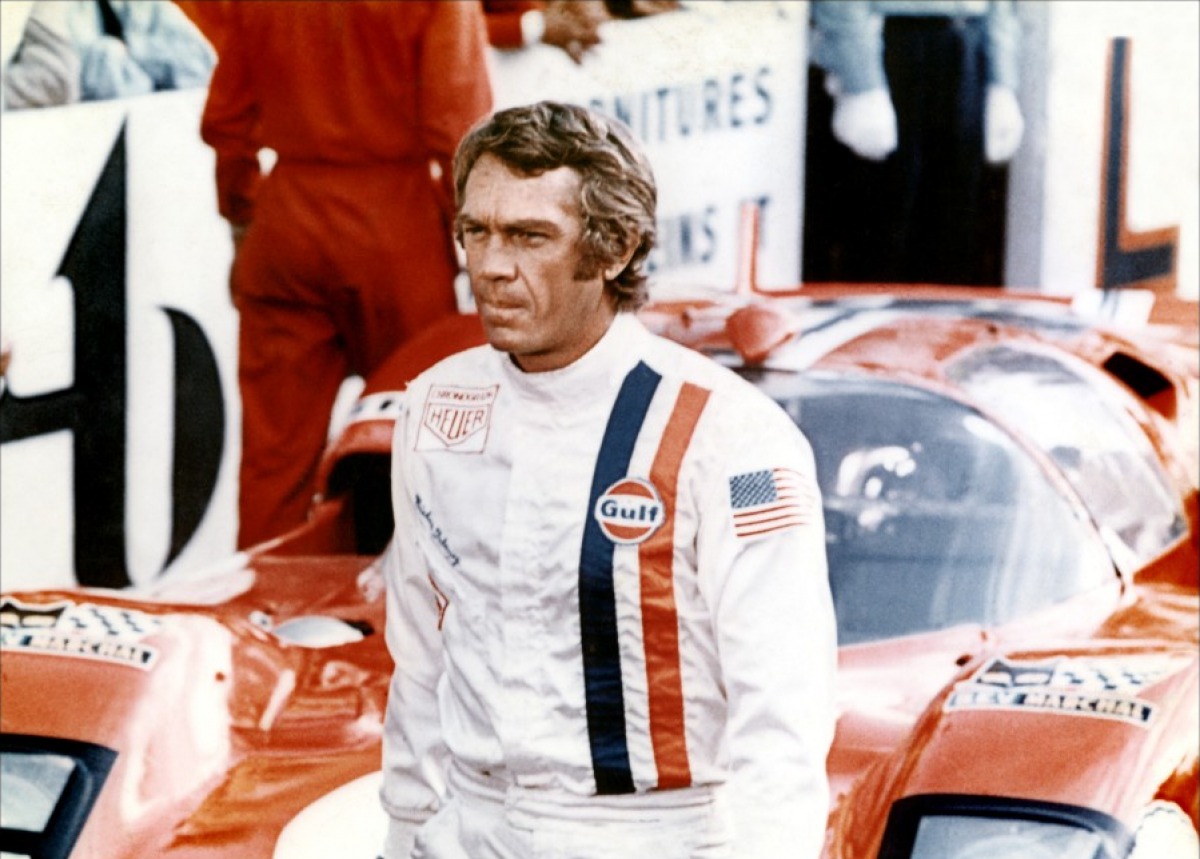It's Le Mans World
I just got back from seeing the Steve McQueen 1971 film Le Mans in a local cinema. It was a flop and I can see why. There's about fifteen minutes of plot and the rest is just cars driving around--I can see that on the freeway. I can also see why McQueen took the role--he got to spend a month driving fast cars and only had to learn six lines of dialogue.
But what surprised me was how his character Michael Delaney did in the film. In the previous year Delaney was in a crash at Le Mans so he's back to prove he can do it right. And in this new race, he gets in another crash--his own fault, in fact. Didn't expect that. But we see the film isn't quite over, so he gets another chance to race (in a plot development I didn't understand) and...finishes second!
Impossible today. A modern Hollywood film has a protagonist who's has superhero powers and keeps winning despite greater and greater obstacles, until the end when he has to work against impossible odds and through some miracle comes through.
Of course in those days the cinema loved beautiful losers. In Butch Cassidy And The Sundance Kid they get shot in the end. In Easy Rider they get shot in the end. Back then filmgoers were probably surprised McQueen escaped with his life.


2 Comments:
Did this film get him put on the Nixon's Enemies List?
I'm reading The Invisible Bridge by Ron Perlstein and just got to the Watergate era read about Steve McQueen was on the list. Its great reading about that era- I was only 11 or 12 during all that but forgot how 1971-74 was truly was the Golden Age of Weirdness
McQueen was a strong individualist (and some say a bit of a jerk), but I don't believe her was particularly political, and his films aren't either. Maybe he said something once about Vietnam, or went to the wrong meeting. Or maybe the people who compiled the list were just paranoid.
Post a Comment
<< Home